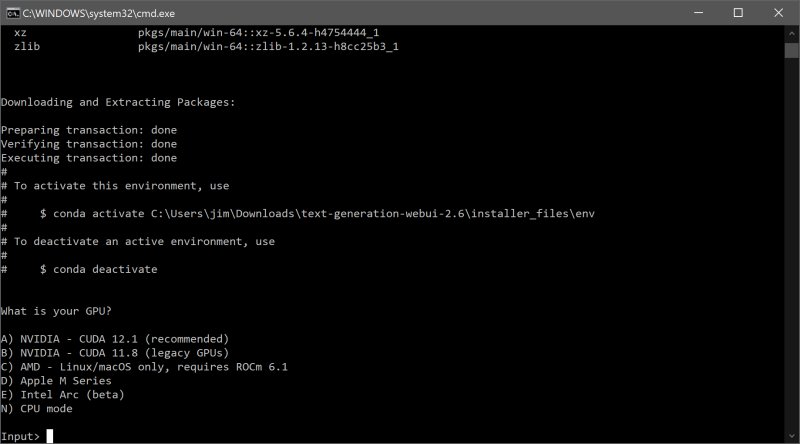Oobabooga Text Generation Web UI 3.13 has been released, providing users with a locally hosted and customizable interface for interacting with large language models (LLMs). This tool is ideal for anyone who desires to run a ChatGPT-like setup without the concerns of data privacy associated with cloud services. Built on the Gradio Python library, Oobabooga offers a user-friendly web-based chat and text generation platform that allows for complete control over prompts, model selection, and output.
Users can run various LLMs locally, ensuring that their data remains private. Oobabooga supports multiple backends, including Hugging Face Transformers and llama.cpp, and provides features such as model fine-tuning with LoRA, API compatibility, and built-in extensions for additional functionalities. This flexibility makes it suitable for developers, researchers, and hobbyists looking to explore AI applications without an internet connection.
Key features include the ability to swap models without restarting, fine-tune models, save chat histories, and adjust advanced generation settings. Installation involves downloading a zip file, unzipping it, and running a simple script to set up the environment. Users can easily download models from sources like Hugging Face and integrate them into the interface.
While there are some pros, such as full local operation and easy model swaps, users should be aware of potential resource demands and the learning curve involved in the manual setup. Overall, Oobabooga Text Generation Web UI serves as a powerful tool for AI enthusiasts, enabling them to conduct experiments, build chatbots, and automate content generation without relying on cloud services.
Extension:
As the demand for AI tools continues to grow, Oobabooga's capabilities position it as a significant asset for individuals and teams looking to harness the power of LLMs. Future updates could include enhanced user tutorials to ease the setup process, as well as broader support for emerging AI frameworks. The community around Oobabooga may also benefit from collaborative features, allowing users to share models and configurations, fostering a vibrant ecosystem for AI development. Additionally, integrating more advanced features like real-time collaboration tools and advanced analytics could further enhance its appeal, making it a comprehensive solution for both learning and professional application in AI
Users can run various LLMs locally, ensuring that their data remains private. Oobabooga supports multiple backends, including Hugging Face Transformers and llama.cpp, and provides features such as model fine-tuning with LoRA, API compatibility, and built-in extensions for additional functionalities. This flexibility makes it suitable for developers, researchers, and hobbyists looking to explore AI applications without an internet connection.
Key features include the ability to swap models without restarting, fine-tune models, save chat histories, and adjust advanced generation settings. Installation involves downloading a zip file, unzipping it, and running a simple script to set up the environment. Users can easily download models from sources like Hugging Face and integrate them into the interface.
While there are some pros, such as full local operation and easy model swaps, users should be aware of potential resource demands and the learning curve involved in the manual setup. Overall, Oobabooga Text Generation Web UI serves as a powerful tool for AI enthusiasts, enabling them to conduct experiments, build chatbots, and automate content generation without relying on cloud services.
Extension:
As the demand for AI tools continues to grow, Oobabooga's capabilities position it as a significant asset for individuals and teams looking to harness the power of LLMs. Future updates could include enhanced user tutorials to ease the setup process, as well as broader support for emerging AI frameworks. The community around Oobabooga may also benefit from collaborative features, allowing users to share models and configurations, fostering a vibrant ecosystem for AI development. Additionally, integrating more advanced features like real-time collaboration tools and advanced analytics could further enhance its appeal, making it a comprehensive solution for both learning and professional application in AI
Oobabooga Text Generation Web UI 3.13 released
Oobabooga Text Generation Web UI is a locally hosted, customizable interface designed for working with large language models (LLMs).


